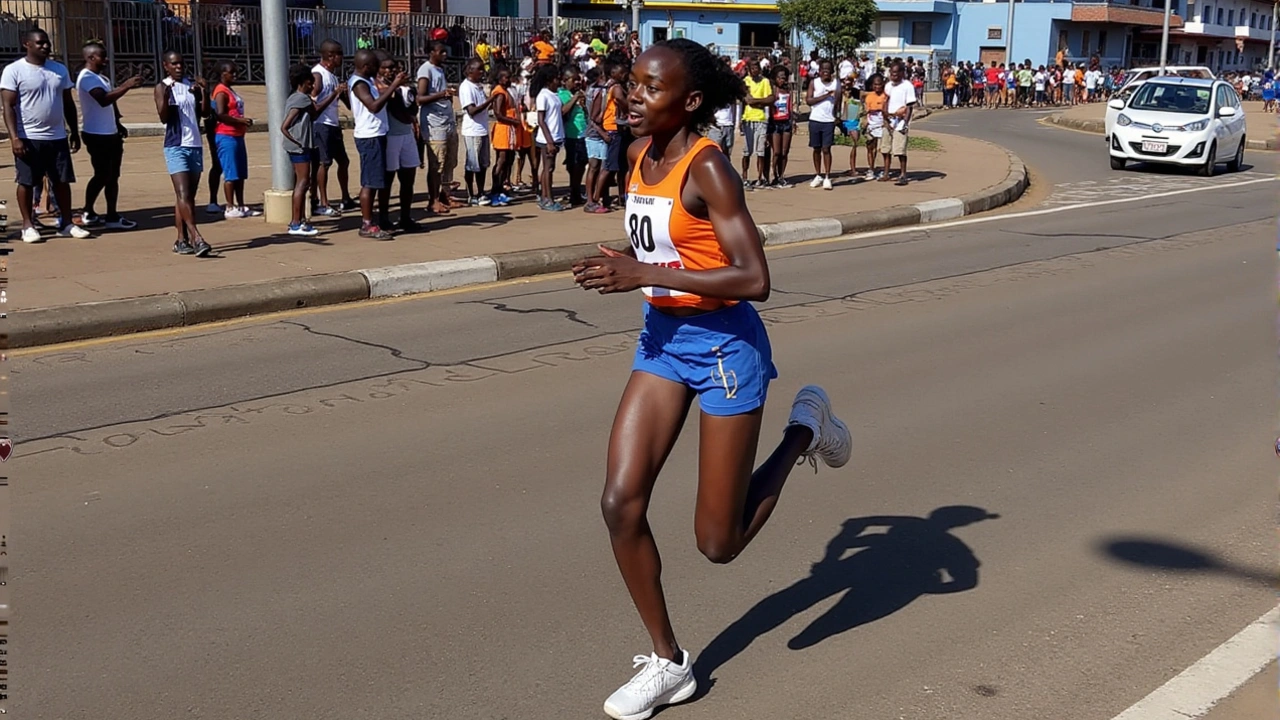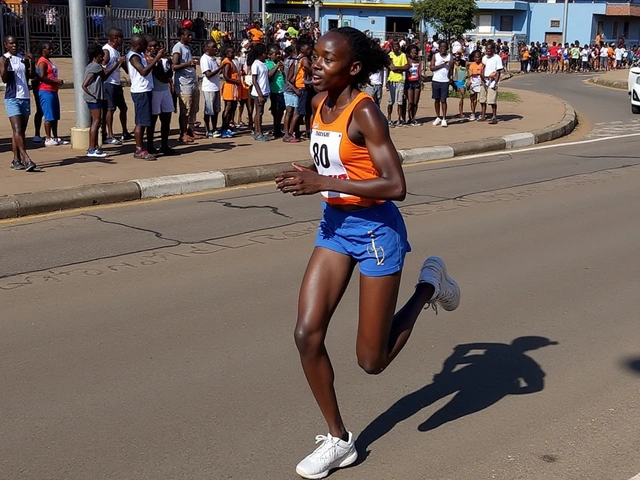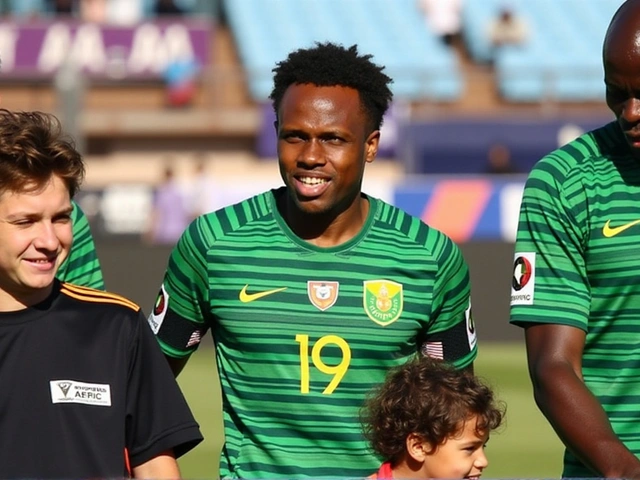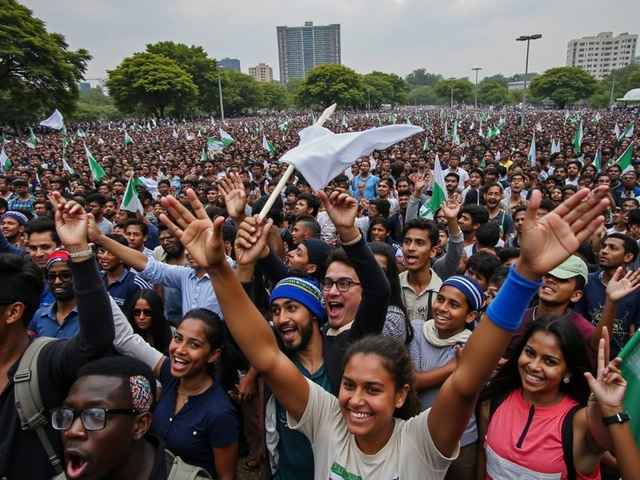Ugandan Olympic Athlete Rebecca Cheptegei Severely Burned in Domestic Attack
Ugandan Athlete Rebecca Cheptegei Severely Burned in Domestic Attack
In an alarming incident that has shocked the international sports community, Ugandan distance runner Rebecca Cheptegei has been severely injured in a domestic violence attack. The 33-year-old athlete, who recently showcased her talents at the 2024 Paris Olympics, is now fighting for her life with severe burns covering a vast majority of her body.
The horrific incident took place in Trans Nzoia County in western Kenya. According to police reports, an argument between Cheptegei and her boyfriend, Dickson Ndiema, escalated to an unimaginable level of violence. During the dispute, Ndiema reportedly doused Cheptegei with petrol and set her on fire. The attack has left Cheptegei in critical condition, with over 75% of her body covered in burns.
Details of the Incident
The confrontation that led to this harrowing event began over an argument about property. Cheptegei had purchased land in the area to be closer to Kenya’s renowned athletic training facilities. This decision apparently became a point of contention between the couple. Neighbors reported hearing raised voices and the sounds of a violent dispute before flames engulfed their home. Both Cheptegei and Ndiema sustained burns and are currently receiving treatment at the Moi Teaching and Referral Hospital in Eldoret.
Cheptegei’s injuries are described as critical, necessitating intensive medical care and long-term rehabilitation. Ndiema, who also sustained burn wounds during the assault, is under police watch at the same medical facility. This violent episode has drawn widespread condemnation and highlighted the pressing issue of domestic violence within the region.
Impact on the Athletic Community
Rebecca Cheptegei is a widely recognized figure in the world of athletics. She had recently competed in the marathon event at the 2024 Paris Olympics, where she finished 44th. She also holds a gold medal from the World and Trail Championships in Chiang Mai, Thailand. The Ugandan Athletics Federation has expressed their deep sorrow and regret over the incident, emphasizing the severity of her injuries and the profound impact on her career and personal life.
This tragic event follows a disturbing trend of gender-based violence affecting female athletes in Kenya. Just a few months ago, the sports world mourned the deaths of fellow athletes Damaris Mutua and Agnes Tirop, both victims of domestic violence. These incidents raise urgent concerns about the safety and well-being of women in sports, particularly in regions where gender-based violence remains a persistent issue.
Gender-Based Violence in Kenya
The brutal attack on Cheptegei brings to light the broader issue of physical violence against women in Kenya. Statistics reveal that a staggering 34% of women in the country have experienced physical violence since the age of 15, with married women often being the most vulnerable. The prevalence of such violence deepens societal wounds and demands an urgent response from both local and international communities.
Efforts to combat domestic violence in Kenya are ongoing, with numerous organizations working tirelessly to protect victims and raise awareness on this critical issue. However, the frequency and severity of these cases highlight the need for more comprehensive and effective measures. Education, policy reform, and community involvement are crucial in changing the narrative and safeguarding the lives of women.
A Hope for Change
As Rebecca Cheptegei fights for her recovery, the sports community and advocates for women's rights are rallying in her support. Her story serves as a stark reminder of the dangers that many women face daily and the urgent need for action to prevent such tragedies. The Ugandan and Kenyan authorities are called upon to ensure justice is served, and that Cheptegei’s case leads to stronger protective measures for women.
In the wake of this tragedy, the global community must stand in solidarity against gender-based violence. Strengthening laws, improving protective services, and fostering a culture of respect and equality will be integral in preventing future incidents. Rebecca Cheptegei’s ordeal is a cry for change, an appeal for a safer and more just world for women everywhere.
As we await updates on Cheptegei’s condition, the spotlight remains on the urgent need to address domestic violence and support victims in their courageous journey towards healing and justice.







